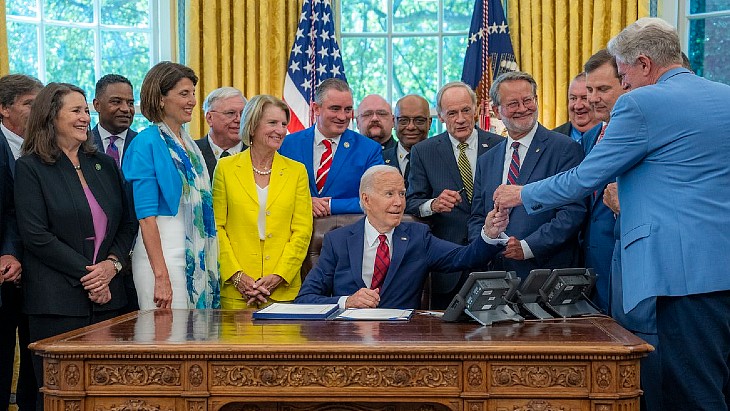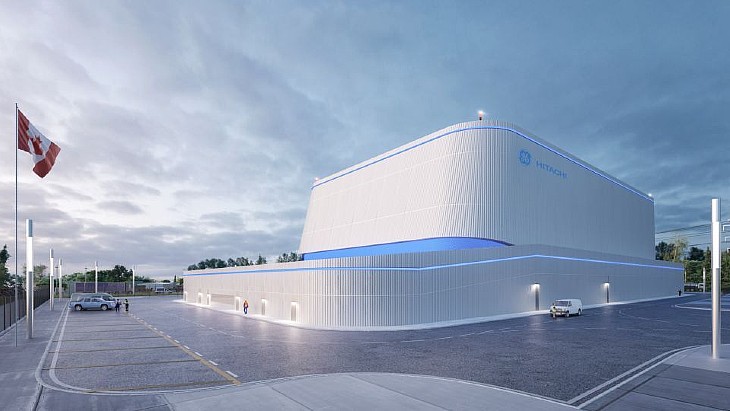FDA approves novel non-uranium Mo-99 production process
.jpg)
FDA approval was granted through a Prior Approval Supplement to NorthStar's original application for the RadioGenix System, which was approved in 2018. This will be the first commercial-scale application of cMo-98 technology, NorthStar said, and will also enable the production of higher activity source vessels, which will support enhanced radiopharmacy efficiencies. The company expects to begin shipments of larger capacity, multi-sized source vessels to customers "in the coming days".
Stephen Merrick, president and CEO of NorthStar, said: "In conjunction with this approval, we also wish to recognise the important support that our partners at MURR [the University of Missouri Research Reactor], with whom we jointly produce Mo-99 in Columbia, Mo, have had in helping to progress cMo-98 development."
Tc-99m is a critically important diagnostic imaging radioisotope used in 40,000 patient imaging studies per day in the USA. Both Tc-99m - and the Mo-99 it is generated from - have short half-lives and need to be used quickly once they are produced, so a constant, stable supply of them is needed. Mo-99 has primarily been produced by a limited number of research reactors, using highly-enriched uranium (HEU) targets.
The USA has in the past been heavily reliant on imported Mo-99 but since 2009 a programme by the US Department of Energy's National Nuclear Security Administration (NNSA) has been working to create a redundant, reliable commercial Mo-99 supply network that that does not use HEU. NorthStar's process has received support from the NNSA programme.
Beloit, Wisconsin-based NorthStar uses the MURR to irradiate Mo-98 targets to produce Mo-99 for use in its RadioGenix System. The cMo-98 process uses natural molybdenum which has been "concentrated" to contain up to 98% Mo-98. Natural molybdenum contains about 24% Mo-98.









_88592.jpg)
_66488.jpg)

